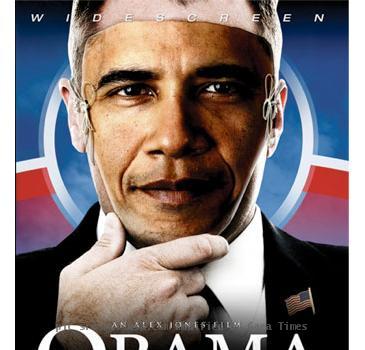BP’s outgoing CEO Hayward defends safety record before UK lawmakers looking into Gulf spill
By David Stringer, APWednesday, September 15, 2010
BP’s Hayward defends company’s safety record
LONDON — Outgoing BP CEO Tony Hayward defended his company’s safety record Wednesday in the face of questions from British lawmakers, and said the Gulf of Mexico oil spill should not lead to a universal ban on deepwater drilling.
Hayward gave evidence to a British parliamentary committee, months after he offered few explanations for the accident at a testy hearing in Washington.
The head of the British committee eschewed the confrontational tone adopted by U.S. legislators, but gently pressed Hayward and BP’s head of safety Mark Bly — author of the company’s internal report into the spill — for specifics on the mistakes that contributed to the accident.
Committee chair Tim Yeo said that “three years ago, you were quoted as saying you were going to focus … laser-like on safety.
“On your watch as chief executive, in that three years, now we’ve had the biggest ever oil spill in U.S. waters,” said Yeo, a Conservative lawmaker.
Hayward insisted that BP’s safety record is “better than the industry average” and said no corners had been cut in the interest of saving money.
Hayward, who will be replaced on Oct. 1 by chief executive Bob Dudley, an American, told Parliament’s Energy and Climate Change Committee the industry at large would improve safety as a result of the spill.
He said the oil industry will “significantly enhance the testing protocols of blowout preventers” following the explosion at the Macondo well on April 20, which killed 11 workers and triggered the massive spill.
But he said the response to the accident should not be “calls for universal bans on deepwater drilling.”
“No single factor caused the accident, and multiple parties including BP, Haliburton and Transocean were involved,” said Hayward, who appeared relaxed and spoke confidently.
Hayward said inquiries would continue to scrutinize the decisions that contributed to the Gulf spill, which he said he deeply regretted.
“There is much still to learn about the Deepwater Horizon accident,” he said.
Hayward endured an onslaught of criticism when he appeared before the U.S. House Energy and Commerce Committee in June. He insisted he had little knowledge of decisions that contributed to the explosion at the Macondo well.
Hayward repeatedly told the U.S. committee he could not provide detailed explanations. “I’m not stonewalling. I simply was not involved in the decision-making process,” he said.
Yeo’s panel is considering whether additional regulation is needed in Britain, and whether the U.K. government was right not to follow President Barack Obama’s lead in imposing a moratorium on new deep water drilling.
Both Transocean and BP PLC, which operated the Deepwater Horizon platform mining the Macondo well, have operations in the North Sea off the coast of the U.K., where there are 24 drilling rigs and 280 oil and gas installations.
Britain’s government has increased the number of rig inspectors there following the Gulf disaster, but environmentalists — noting a government agency report last month that revealed a spike in accidental leaks and serious injuries to workers on offshore platforms — say a moratorium on drilling is needed.
The Financial Times reported Wednesday that all but one of BP’s North Sea installations examined by government inspectors last year were cited for failure to comply with emergency regulations on oil spills. Citing inspection records obtained under Britain’s Freedom of Information Act, it revealed BP had not complied with rules on training for offshore operators and had failed to conduct adequate oil spill exercises.
Yeo said his panel would question Hayward on the lack of training for offshore workers.
“My hope is that we can extract the lessons that need to be learned for the future of deep water drilling in the U.K.,” he said.
The British committee has previously taken evidence from Transocean. It will issue a series of recommendations on safety, likely before the end of the year, but has no powers to compel Britain’s Conservative-led government to accept its findings.
Associated Press Writer Raphael G. Satter in London contributed to this report
Tags: Accidents, Barack Obama, Energy, England, Environmental Concerns, Europe, Government Regulations, Industry Regulation, London, North America, United Kingdom, United States, Western Europe

